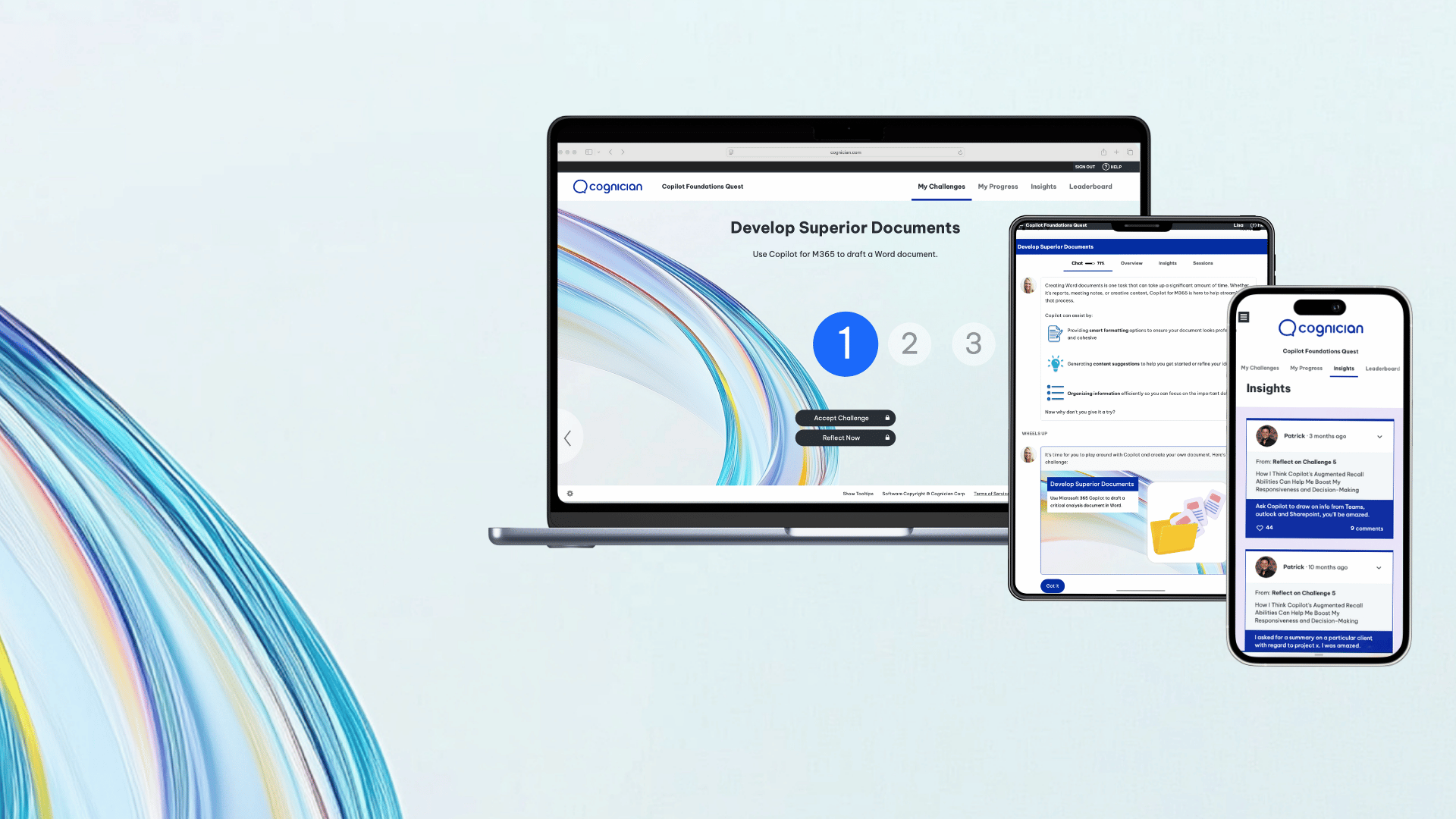What is the best way to learn? This article explores the crucial importance of reflection in learning outcomes.
Consider this scenario: You have just hired a new employee, and it's in everyone's best interests for her to get up to speed as soon as possible. Her first two weeks have been set aside for her training. On the one hand, she could spend her training continuously practicing tasks that she is already familiar with. On the other hand, she could spend less time practicing the tasks and instead take time to reflect on them as well. What would be the best use of her time that would have the best outcome on her future performance?
Traditional organizational wisdom suggests that practice is the best way to learn. Experience is one of the most important sources of individual learning. Educational researchers like Gary Becker noted that "Many workers increase their productivity by learning new skills and perfecting old ones on the job." However, a growing body of literature suggests that experience is only part of the picture.
The other key component in learning is reflection. The philosopher John Dewey famously said, “We don’t learn from experience. We learn from reflecting on experience.” Reflection is the subject of an extensive body of research that's been accumulating ever since Dewey and others discussed its importance in learning in the 1930s. This article will discuss the findings of Di Stefano et al., (2016), researchers at Harvard Business School, from three case studies they performed that empirically illustrate the power of reflection in learning.
Experience Plus Reflection Boosts Performance
The first case study tested the theory that experience plus reflection boosts performance. The authors ran an experiment with 101 customer service agents from Wipro BPO. Wipro BPO is an outsourced business process organization and provides knowledge-based customer support. They provided the perfect scenario to study learning and performance outcomes at the individual level.
The researchers divided the participants into two groups – a reflection group and a practice group. The reflection group spent the last 15 minutes of their day reflecting on their tasks. The practice group used the last 15 minutes of their day practicing tasks to get extra experience. The authors then measured the participants’ performances in each group over 10 days. They found that the reflection group was 19.1% more likely to be in the top-rated category for their performance compared to the practice group.
This experiment showed that after gaining some experience, stopping to reflect increases performance more than continuing to practice does.
Reflection Increases Efficacy
The next case study expanded on their earlier findings. The authors asked participants to count tumor cells in photographs to see if reflection or practice enhanced counting accuracy. After an initial round of counting, participants were placed into one of three groups: (1) reflection, (2) practice, and (3) control. The participants in the reflection group spent time thinking and writing about the task's main takeaways. The practice group focused on gaining additional experience. The control group was given a brief story to read on the computer screen and then asked questions about it. The researchers revealed that those in the reflection group improved their accuracy in counting tumor cells more than those in the control group. However, there was no difference between the control group and the practice group. The authors concluded that pausing to reflect after learning something new improves accuracy more than obtaining additional experience does.
Benefits of Reflection over Practice
The last case study examined people's beliefs around the benefits of reflection versus practice. The authors ran an experiment with 256 participants. The participants were asked to complete several math puzzles over three rounds. At the end of the first round, they chose to spend three minutes either reflecting on the strategies they used or practicing more puzzles. The majority of participants (82%) chose to practice the task, whereas only 18% reflected on their strategies.
This suggests that people tend to be biased towards more practice instead of reflection. Interestingly, the authors found that "Reflection resulted in higher levels of performance over rounds 2 and 3 of the brainteaser."
Final thoughts
Reflection plus experience is an incredibly efficient way to learn. Embracing reflection has significant implications for your business. Your competitive advantage depends on the skill level of the individuals in your organization, and the easier it is for them to learn the higher their productivity will be. The three case studies discussed above suggest that it is not an idle pursuit, even though reflecting on your experiences is time-consuming. Di Stefano et al., (2016) argue that reflection can "powerfully enhance the learning process and does so much more than the accumulation of additional experience on the same task."
Their findings suggest that not only does reflection affect how we approach the same task cognitively and emotionally, but it also boosts an individual's sense of perceived efficacy. This discovery is at the heart of Cognician's behavior change programs. Therefore, we offer users the opportunity to reflect on their experiences and what they have learned to consolidate their information.
Are you ready for a learning experience that incorporates reflective learning? Book a call with us today to discover more about how we can help you activate change in your organization.



.png)

